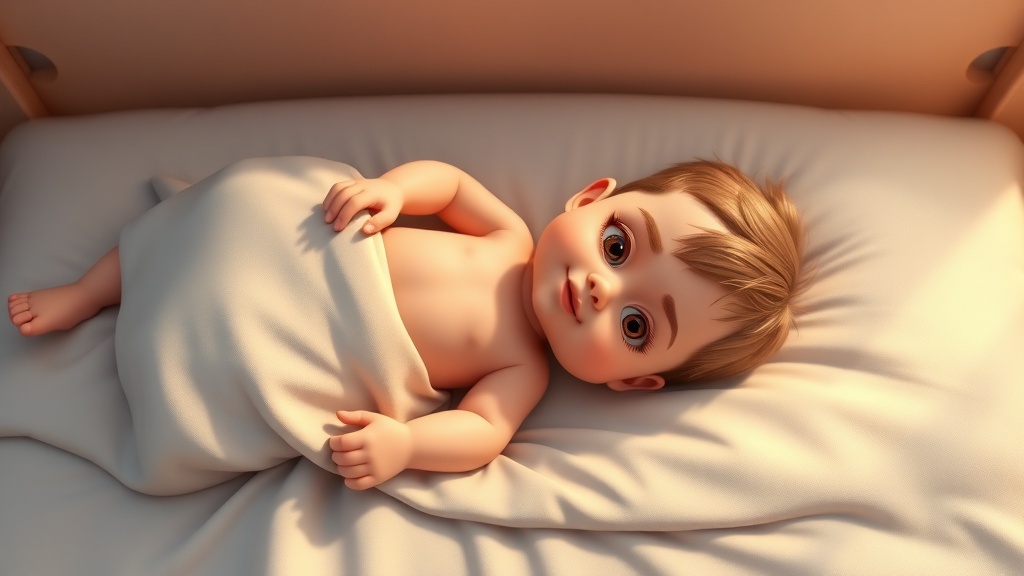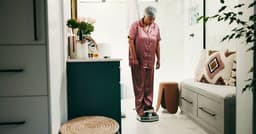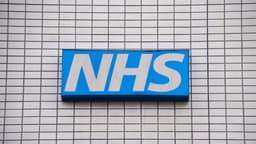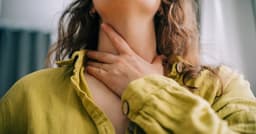Home / Health / Brushing Basics: NHS Shares Age-Specific Oral Hygiene Tips for Kids
Brushing Basics: NHS Shares Age-Specific Oral Hygiene Tips for Kids
15 Nov
Summary
- NHS recommends starting brushing as soon as first tooth appears
- Fluoride toothpaste is essential, with specific amounts for different ages
- NHS dental care for children is free to encourage early visits

According to the NHS guidelines, proper dental care for children should begin as soon as the first tooth appears, which is typically around six months old, though it can be earlier or later. Parents are responsible for brushing their child's teeth twice a day for two minutes each time, using a fluoride toothpaste.
For babies and toddlers under three years old, the NHS recommends using a children's toothpaste with at least 1,000ppm fluoride, unless a dentist suggests otherwise. The amount should be a mere smear, as kids love to lick the toothpaste. Once the child turns three, the guidelines adjust to a pea-sized blob of toothpaste, still brushing twice daily and spitting without rinsing to retain the fluoride.
By age seven, most children can brush their own teeth, though parents should still supervise to ensure they reach all areas and brush for the full two minutes. The toothpaste should now contain 1,350ppm-1,500ppm fluoride, the regular family strength.
The NHS emphasizes the importance of proper brushing technique, including small circular movements, reaching the gums and behind the teeth. They also encourage parents to bring their children to the dentist as soon as the first tooth appears, or at least before their first birthday, to help them get accustomed to the environment and catch any issues early.
Additionally, the NHS offers free dental care for children, which helps alleviate the financial burden on parents. They also recommend fissure sealants and fluoride varnish treatments to further protect children's teeth.




